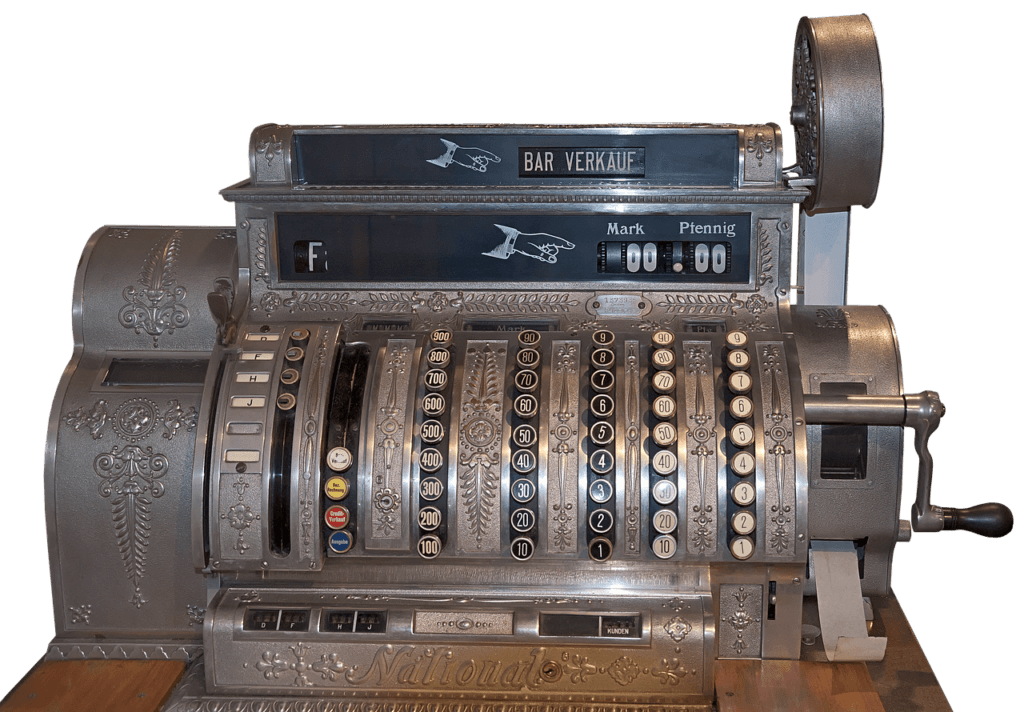Keep it, and over time it will be worth less and less. It doesn’t yield anything. Multiple rounds of quantitative easing by the world’s central banks (often described as “printing money”) has made it feel like it’s worth as much as newsprint. If you misplace (or burn) it, it’s gone forever.
For these reasons, it’s easy as an investor to dismiss cash. But you’d be smart to have more of it in your portfolio in 2018.
Here are three reasons why…
Cash benefit #1: Avoid market risk
Any kind of investment involves risk. Asset prices rise and fall in value from day to day. Bad earnings reports, Donald Trump’s latest utterings, something funny going on at the European Central Bank… there are an infinite number of unknowns and Black Swans that could torpedo your portfolio.
And as we’ve said before, markets are overdue for a correction. If nothing else, mean reversion demands it… the MSCI All Country World Index (which reflects the performance of global stock markets) posted an unpreceded streak of monthly gains in 2017.
Nothing goes up forever – including the U.S. stock market (which makes up 52 percent of the MSCI All Country World Index). Right now, U.S. stock market valuations are higher than any other time in history, except for the late ‘90s dotcom bubble. They’re even higher than the stock market bubble of the late 1920s. Sooner or later, the good times will end.
Given the current bull market in bubbles, cash is one asset that’s worth having in your portfolio. Overlooking for the moment the long-term effects of inflation, in the short term – today, tomorrow, next month, next year – the value of your cash remains constant, no matter what is happening in the markets. (Except if you’re in 1940s Germany, or recent-day Zimbabwe, or present-day Venezuela… but those are the rare exceptions.)
In today’s markets, your cash doesn’t yield much of anything. But most other supposedly “low-risk” investments, like government bonds, aren’t paying much either – some of them even have negative yields.
And sometimes, staying still – that is, not losing money – is enough.
Cash benefit # 2: Protect your portfolio
There are different ways to hedge, or protect, your portfolio. Hedging is important because it helps reduce investment losses when your investment strategy doesn’t work out as planned.
An example of hedging is owning negatively correlated assets. One asset moves up when the other falls. But hedging can get complicated, and can cost you a lot in broker fees.
And in the event of a financial crisis, even uncorrelated assets tend to move in the same direction – which is down.
On the other hand, holding cash is easy. It’s the simplest way to hedge. While the state of investments is uncertain, cash keeps its value.
Let’s say an investor has US$50,000 in stocks and an equal sum in cash, for a total portfolio value of US$100,000.
Then let’s say the stocks drop 5 percent, but the cash’s value stays the same. This means that the investor has a paper loss of US$2,500 on a US$100,000 portfolio – or is down 2.5 percent.
But if the entire portfolio was in stocks, the loss would be US$5,000, or 5 percent. So, cash was the perfect hedge, cutting his losses in half. This might not look like much here – but in a big portfolio, or in market cycles over time, some cash can make a very big difference.

Cash benefit # 3: Dry gunpowder
There are few things more frustrating than recognising an excellent investment opportunity, but not having the needed cash to buy it.
Cash represents buying potential. It’s there when you need to spend it. Plus, when markets fall, the buying power of cash increases. You can now buy more shares than you could the day or week before.
Legendary investor Jim Rogers once explained his approach to investing this way: “I just wait until there is money lying in the corner, and all I have to do is go over there and pick it up. I do nothing in the meantime.”
What he means is that when obvious investment opportunities come up, he takes advantage of them – it’s like seeing money lying in the corner just waiting to be picked up.
But if you don’t have any cash on hand to take advantage of the opportunity, it will just stay there for someone else to pick up.
So, cash helps you avoid market risk, protects your portfolio, and it will be there when you need it. Holding a portion of your portfolio in cash is a smart investment decision.













